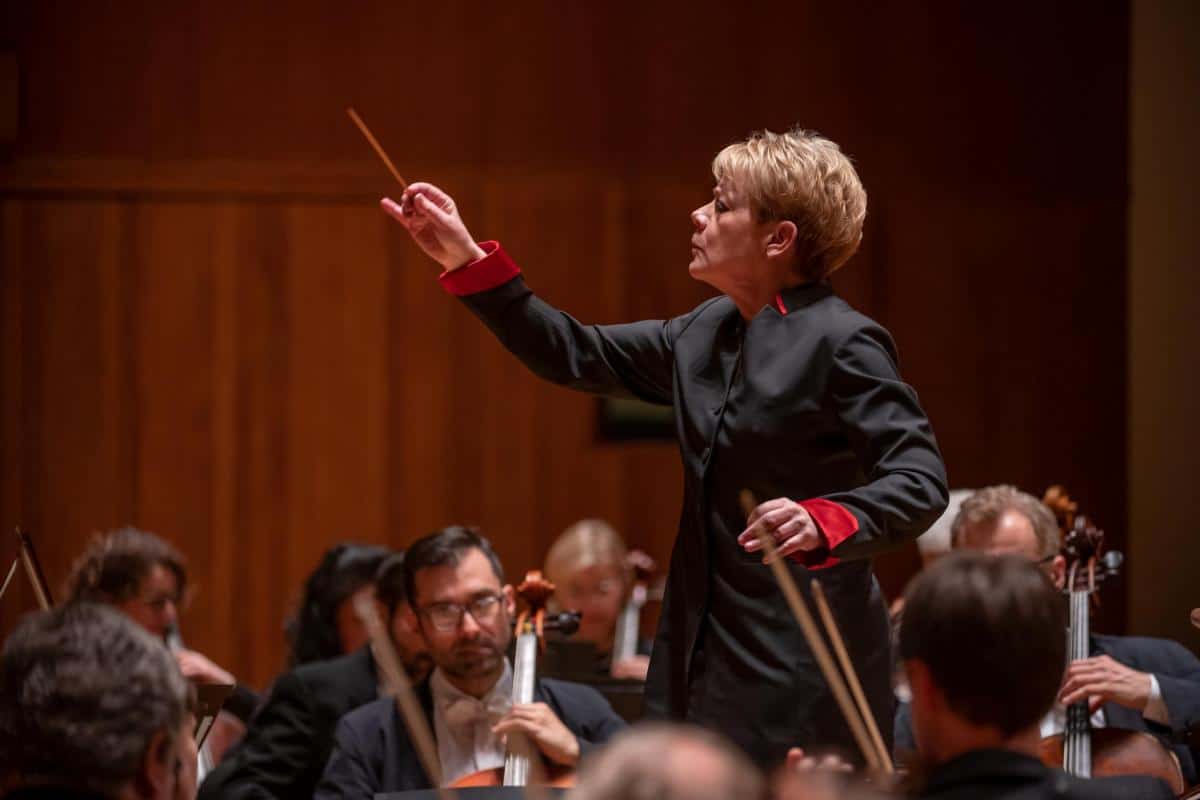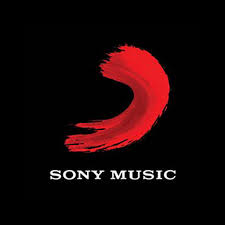Marin Alsop: Women help women conductors
OrchestrasIn an interview with David Gajdos intended for an Austrian newspaper, Alsop is extraordinaly frank about her mentoring enterprise.
‘Out of 60 young female conductors in the Taki Alsop Fellowship we have 19 music directors now, they hire each other. Which is great!“
‘If you get in, you get 20 000 Dollars, but it is more about exposure and opportunities. You get the chance to work with me, I give workshops, also online. During lockdown some colleagues joined too, the late Bernard Haitink and Iván Fischer for example.’






Comments